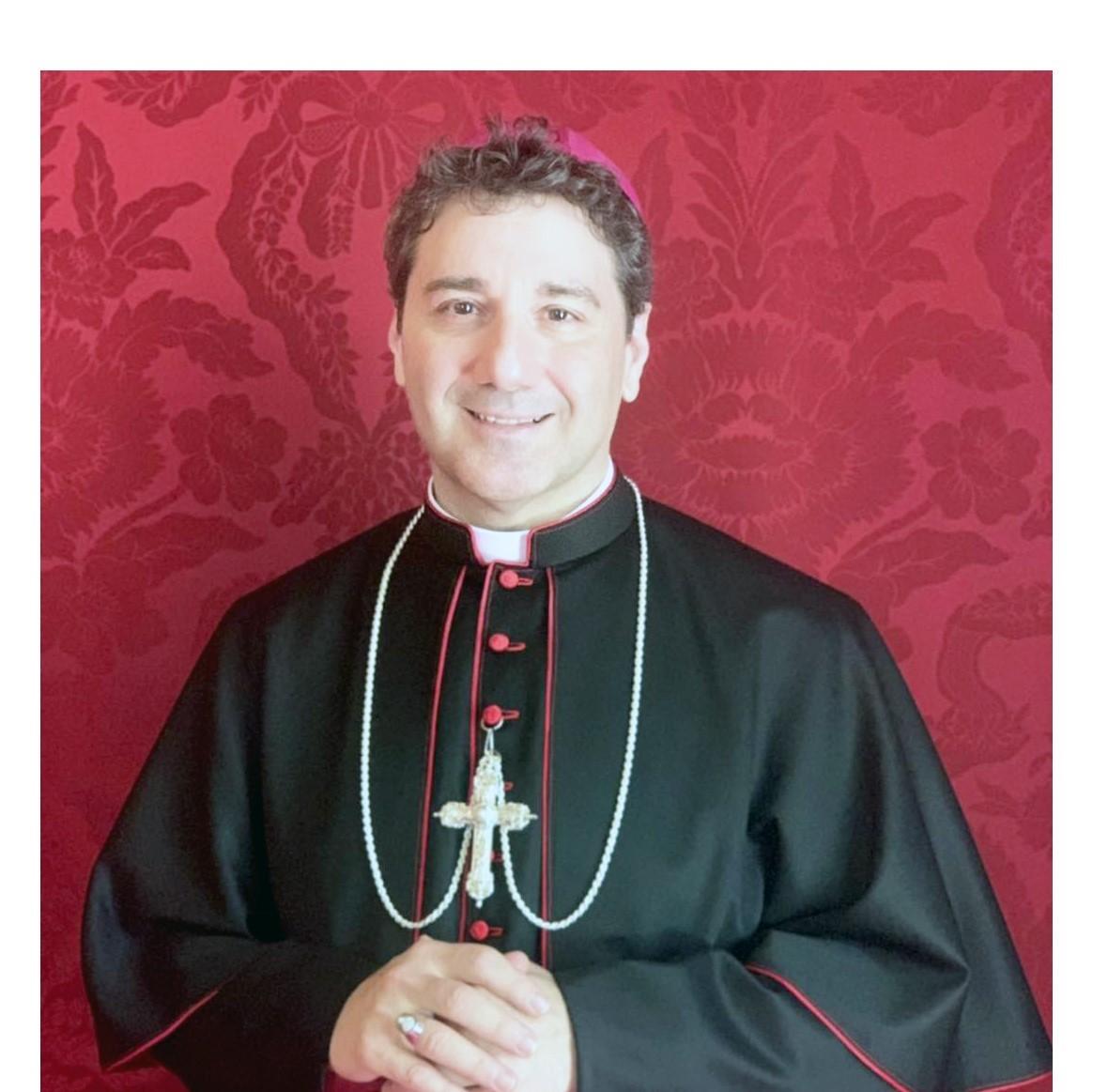FAIRFIELD – Connecticut – The Catholic Church in Toronto is getting a new pastor, after Pope Francis on Saturday announced that he had accepted the resignation of 76-year-old Cardinal Thomas Collins from the Ontario archdiocese and named Bishop Frank Leo – a 51-year-old auxiliary of Montreal made bishop only in September of last year – to succeed him.
Toronto is a big place – Canada’s largest archdiocese – with nearly 2 million Catholics and 225 parishes, as well as one of the most ethnically and linguistically diverse Catholic populations in the world.
“It is with great humility that I accept this appointment from the Holy Father to serve the faithful of the Archdiocese of Toronto,” Leo said in a statement posted to the website of the Toronto archdiocese. Leo called the nomination a “most unexpected appointment” and thanked Pope Francis for the show of confidence. He also thanked his predecessor, Collins, for “his ongoing support and years of faithful and inspiring service to the Church.”
Collins led the archdiocese from 2007, and was not known to shy from controversy during his tenure.
In 2018, Collins helped lead calls for changes to a Dec. 2017 federal government rule in Canada requiring applicants for summer job assistance to express support for reproductive rights, including abortion access. He was a prominent part of a broad coalition of religious and civil society leaders – some of them broadly sympathetic to the propositions the government stated in the rule – who did not like the idea or the reality of what they saw as a litmus test for summer job assistance.
“It’s very odd,” Collins told the Thinking with the Church podcast at the time, “and I think unique in Canadian history, that applicants for a summer – or any – program, any grant from the government, have to attest not that they are going to obey the law or that they are legitimate applicants, [but] they have to attest to their beliefs.” Collins called the rule an “ideological test” fundamentally at odds with Canada’s Charter of Rights and Freedoms.
Collins has also been outspoken in defense of life and human dignity issues, frequently in opposition to what he perceived as unduly hasty processes leading to dangerous policy changes over things like euthanasia.
“In Ontario, we allow cooling-off periods for gym memberships and new condominium purchases but the federal government doesn’t seem to believe a similar reflection period is necessary for euthanasia,” Collins wrote in 2020, the opening salvo in a punchy op-ed piece opposing Bill C-7, which proposed expansion of Canada’s so-called “Medical Assistance in Dying” regime.
Criticizing the hastiness of the government’s efforts to expand an already liberal 2016 euthanasia policy as inconsistent with promises for careful and painstaking review at the five-year mark before further changes, Collins also urged all Canadians to “take time to be truly present to those who may feel that they are on the margins in our community.”
“Those who feel that their life no longer has value must be assured by all of us that this is absolutely not the case,” Collins urged in the 2020 Star op-ed. “[T]here is dignity within each human life, not just when we are young, healthy and able, but even more so, when we are fragile and vulnerable.”
A revised version of the bill passed in 2021, a year in which Collins also pushed back against what he and many others considered unreasonable treatment of religious groups and believers as the government relaxed covid restrictions. In March of 2021, as local lockdowns eased and businesses were allowed to return to 25-50% capacity, a hard cap of ten persons was slated to remain in place for houses of worship, regardless of their size or disposition. “This makes no sense,” he said.
In that controversy as in others, Collins struck a delicate balance
“I do not believe that our elected officials and medical officers of health consciously intend to suppress religious freedom; I realize that they are in an extremely difficult position,” he said. “We do, however, ask to be treated equitably.”
Sometimes styled “the lion of Toronto” for his stalwart stances and staunch advocacy, Collins had words of support for his successor, Leo.
“I offer my prayers, best wishes and full support for Archbishop-designate Leo as he prepares to serve the people of the Archdiocese of Toronto,” Collins said in his own statement, in which he also praised Leo’s “knowledge of the Church, both in Canada and around the world, as well as his unfailing service over many years.”
Collins invited Catholics in the archdiocese to join him “in giving thanks to God as we pray for our new shepherd.”
Frank Leo is 51 years old and has been a priest since 1996. He had a decade of parish experience before training in Rome for the Vatican’s diplomatic service, and had billets in Australia and Hong Kong.
Leo returned to his home diocese of Montreal in 2012, and served as the general secretary of the Canadian bishops’ conference for six years, 2015-2021. He has a doctorate in systematic theology, and worked also at Montreal’s major seminary. He became an auxiliary of Montreal in Sept. 2022.















